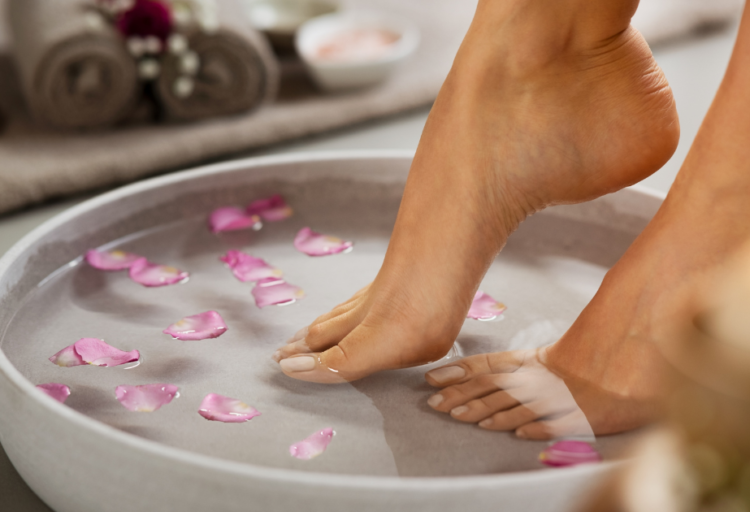The skin is a visible external organ of the body. Therefore, it can be intimidating when you deal with a condition, such as ingrown hair. Although common, no one wants to experience them anywhere on their body. If you’re asking yourself, “do ingrown hairs go away”, you’re not alone.
The battle against ingrown hairs can be frustrating. Sometimes, it feels like they just won’t budge regardless of all the tips and tricks you try. You may see a promising treatment product and it gets exciting because you think you can finally say goodbye, but it seems the only thing leaving is all the money you’re spending. So, it rightfully begs the question, “do ingrown hairs go away without treatment?”
What Are Ingrown Hairs & Why Do They Occur?
Ingrown hair, medically known as pseudofolliculitis barbae is an inflammatory skin condition that can arise anywhere on the body with hair. Although it can develop because of hair removal, that is not always the case. You can also experience ingrown hair without touching the area. Other factors that can predispose some people to ingrown hair are genetics and dead skin cell accumulation.
Those who experience ingrown hairs because of hair removal do because of the likelihood of hair breakage. The broken hair can curl into the skin, instead of growing out in its natural direction. In cases where dead skin cells are the culprit, the hair is unable to grow outwards due to clogged pores. Additionally, some people may be prone to ingrown hairs because of genetics. For instance, coarse and curly hair types may be more likely to experience ingrown hair.
Signs Of an Ingrown Hair
The presence of ingrown hair often leads to inflammation. This is because it is an unnatural process; therefore, the body treats it as foreign. You may experience redness, itching, a small bump, and pain simultaneously or separately. The irritation can worsen when you scratch or squeeze it in hopes of removing it. In some cases, it may even lead to an infection and scarring.
Do Ingrown Hairs Go Away on Their Own?
The simple answer to the question “will ingrown hairs go away?” is yes! Fortunately, they do go away. Sometimes, in mild cases, you may need to give it a few days to a week. It is important to leave the area alone to prevent further irritation.
In some other cases, simple changes in your skincare routine with the implementation of specific products can fix ingrown hair problems. However, when dealing with complications and persistent ingrown, you may need to visit a dermatologist. They may advise removing the hair completely at the root to prevent subsequent ingrown hairs or other in-office procedures. The hair removal procedures include laser hair removal and electrolysis.
Do Ingrown Hair Scars Go Away?
The best way to treat ingrown hair scars is to prevent the problem itself. Without treating the actual cause, it is unlikely you’ll have effective results. Once you’re implementing prevention techniques, you can effectively fade scars.
As a result of ingrown hair, you can experience post-inflammatory hyperpigmentation or keloid scars. If suffering from hyperpigmentation, the good news is that they can fade on their own in some cases. However, it may take months to years and may never go away for some. The hyperpigmentation that is not clearing with time can be targeted with the use of tyrosinase inhibitors, which block the synthesis of melanin. These are also known as skin lighteners, some examples of which are azelaic acid and licorice extract. Additionally, in-office procedures, such as laser therapy and cryotherapy are examples of keloid scars treatment options.
Summary
Understandably, you’re tired of ingrown hairs. Whether they come occasionally or are a constant issue, it is something no one looks forward to.
The best way to avoid the reoccurrence of ingrown hairs is prevention. If you observe your ingrown hairs after a specific hair removal technique, then it is best to make sure you’re doing it properly or looking for alternatives.
Letting your skin heal without causing further irritation can help your ingrown hair go away on its own. In some cases, you may need to help the hair come to the surface by applying warm compresses. The process can be long, and at times painful, but you need to refrain from creating further damage to the area by pressing or digging into the skin. Severe cases of inflammation may benefit from in-office cortisone injections for faster resolution. Additionally, recurrent ingrown hairs can be targeted with a long-term solution, such as electrolysis.





Leave a Reply